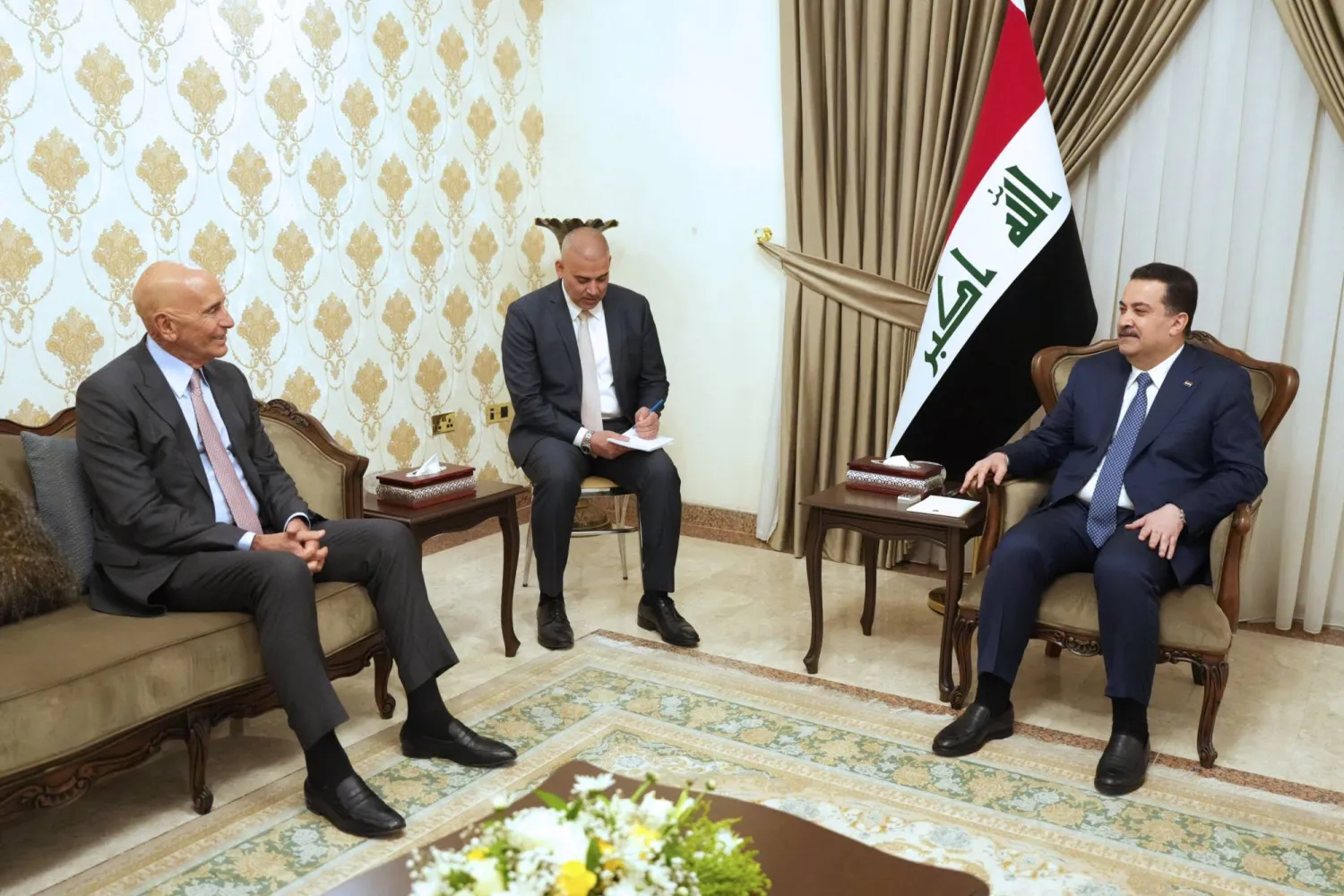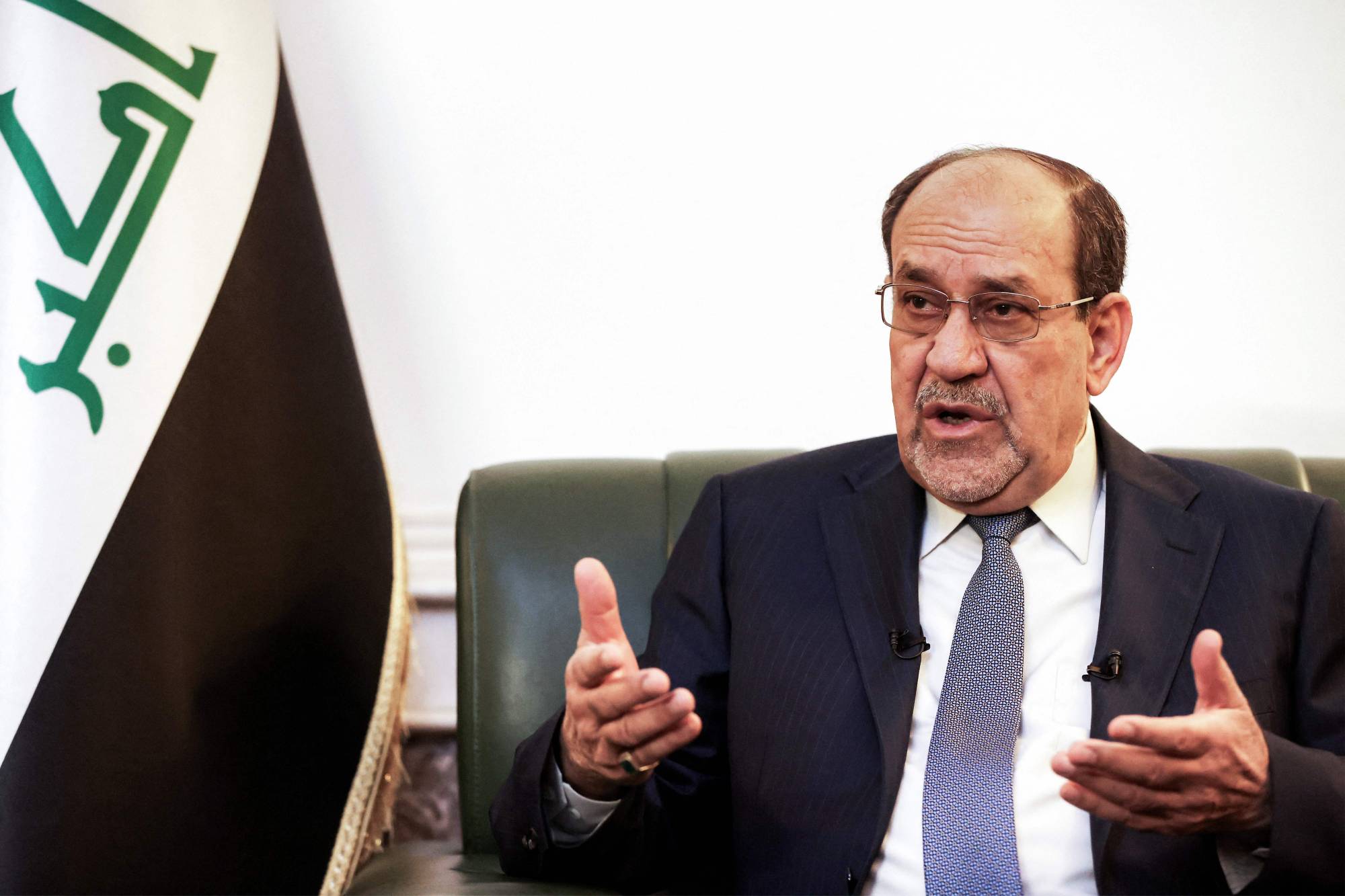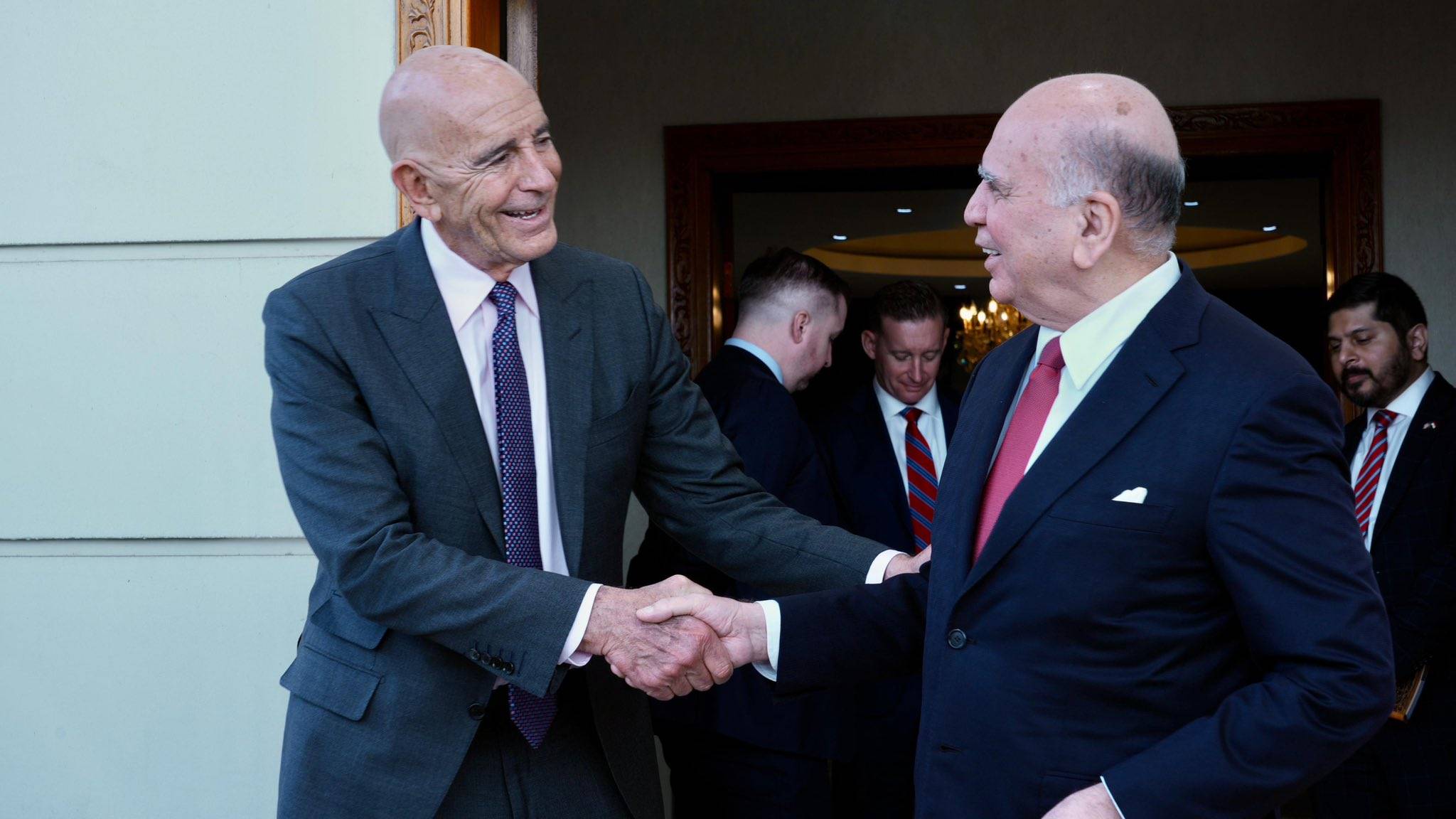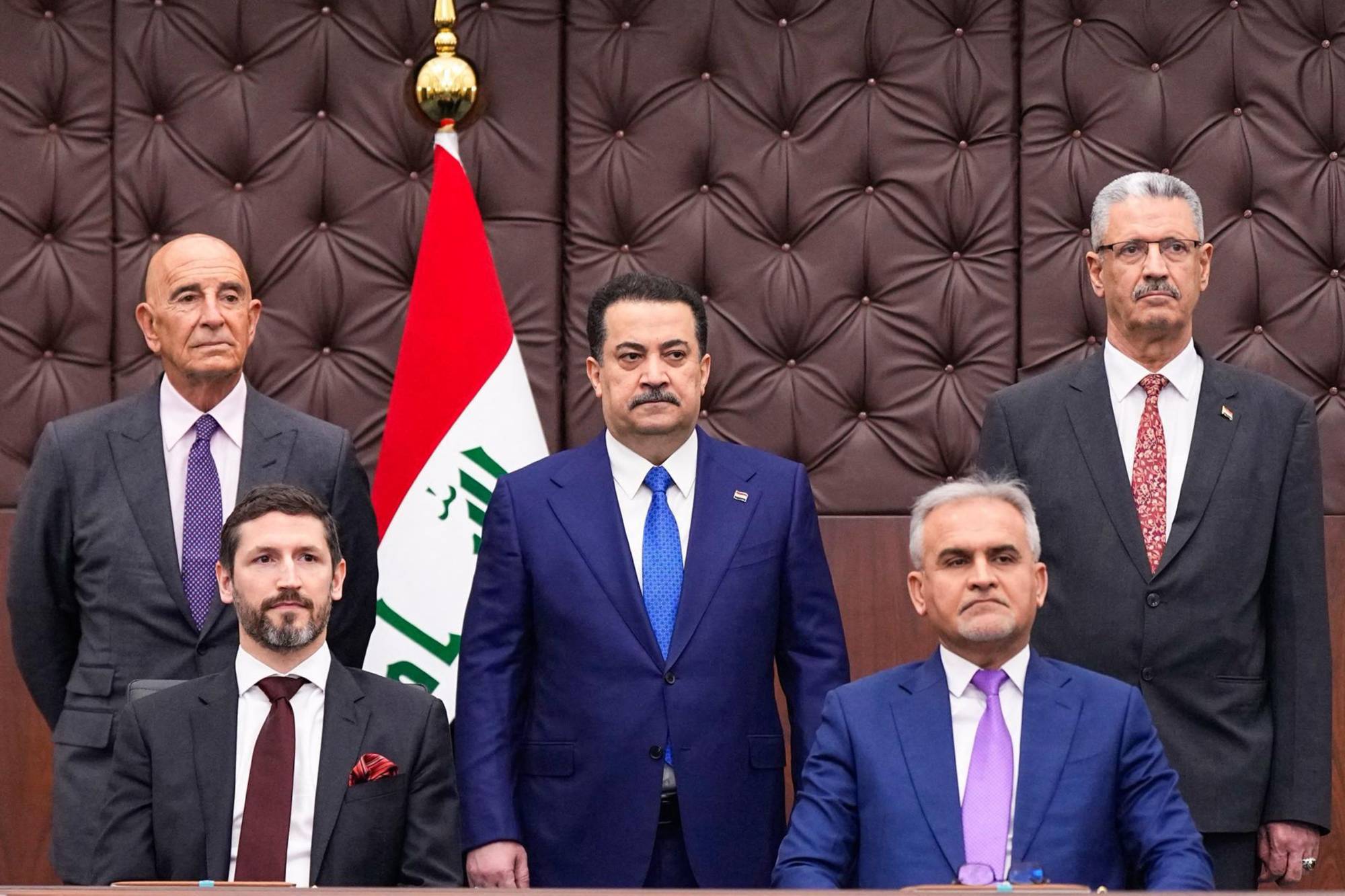A judge on Monday denied a family’s attempt to sue Lebanon on allegations that the country’s security agency kidnapped and tortured their family member before he died in the US, and that the agency could not intervene in the case.
Amer Fakhoury, a Lebanese American man, died in the United States in August 2020 at age 57 from stage 4 lymphoma. His family’s lawsuit, filed in Washington last year against Iran, says he developed the illness and other serious medical issues while imprisoned during a visit to Lebanon over decades-old murder and torture charges that he denied.
The family had sought to expand the lawsuit to also target Lebanon, according to The Associated Press.
Fakhoury’s detention in 2019 and release in 2020 marked another strain in relations between the United States and Lebanon, which finds itself beset by one of the world’s worst economic disasters and squeezed by tensions between Washington and Iran.
Lawyers representing Lebanon’s security agency, the General Directorate of General Security, had first asked to intervene in the Fakhoury family’s wrongful death lawsuit against Iran to have the allegations against Lebanon stricken. That request also was denied by by US District Judge John Bates in his order Monday.
The Lebanese security agency had claimed the lawsuit falsely accuses it and its director of “serious crimes of kidnapping, torture and killing at the direction or aid of alleged terrorist organizations.”
In turn, the Fakhourys’ lawyer, Robert Tolchin, had asked for permission to formally sue Lebanon.
The family’s lawsuit initially argued it was possible to sue Iran under an exception to the Foreign Sovereign Immunities Act, as it has been designated as a “state sponsor of terrorism” since 1984. The suit also described Hezbollah as an “instrument” of Iran.
Tolchin had said the Fakhourys interpreted the Lebanon security agency’s request to intervene as a wavier of sovereign immunity. An attorney for the agency denied that, and the judge agreed.
Bates wrote that there is “insufficient evidence for the court to conclude” that the agency intended to waive its sovereign immunity.
Bates also wrote that the allegations about Fakhoury’s detention in Lebanon that the security agency wishes to strike “are central to this lawsuit.”
Messages seeking comment were sent to the lawyers.
Iran has yet to respond to the lawsuit.
Fakhoury’s imprisonment in Lebanon took place in September 2019, not long after he became an American citizen. Fakhoury, a restaurateur in New Hampshire, visited his home country on vacation for the first time in nearly 20 years. A week after he arrived, he was jailed and his passport was seized, his family has said.
The day before he was taken into custody, a newspaper close to the Iranian-backed Hezbollah group published a story accusing him of playing a role in the torture and killing of inmates at a prison run by an Israeli-backed Lebanese militia during Israel’s occupation of Lebanon two decades ago. Fakhoury was a member of the South Lebanon Army.
The article dubbed him the “butcher” of the Khiam Detention Center, which was notorious for human rights abuses. Fakhoury’s family said he had worked at the prison as a member of the militia, but that he was a clerk who had little contact with inmates. When Israel withdrew from Lebanon in 2000, Fakhoury left the country like many other militia members who feared reprisals. He arrived in the US in 2001.
As early as 2018, Fakhoury had sought assurances from the US State Department and the Lebanese government that he could visit Lebanon freely. His family said he was told there were no accusations against him in Lebanon or no legal matters that might interfere with his return.
Upon his return to Lebanon, Fakhoury was held for five months before he was formally charged, his family said. By then, he had dropped more than 60 pounds, was suffering from lymphoma, and had rib fractures, among other serious health problems, they said.
Eventually, the Lebanese Supreme Court dropped the charges against Fakhoury. He was returned to the United States on March 19, 2020, on a US Marine Corps Osprey aircraft. He died five months later.












